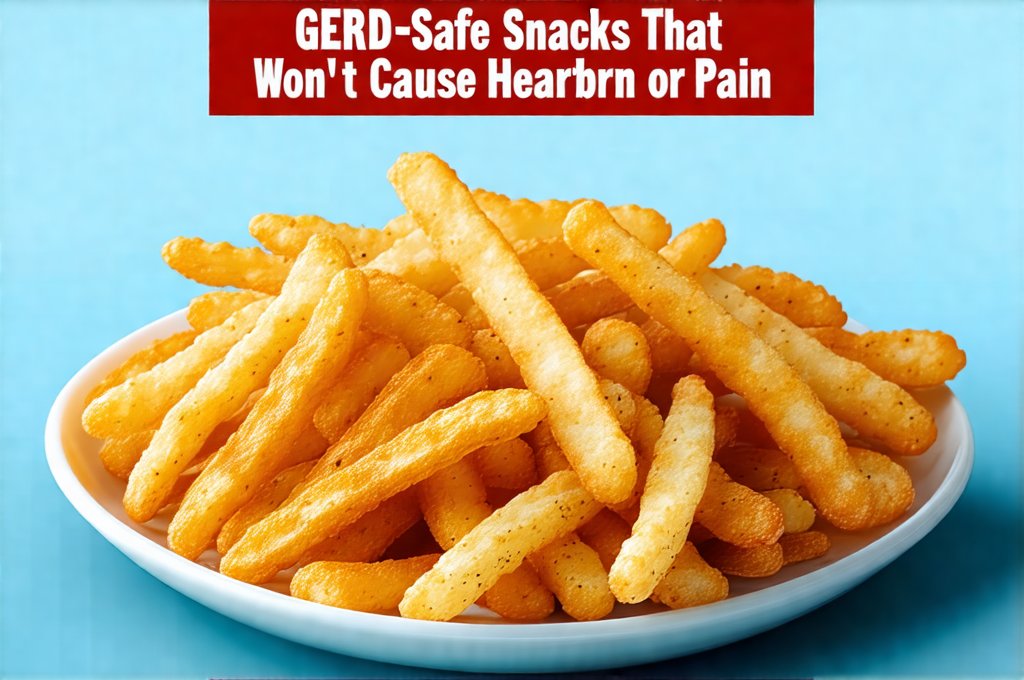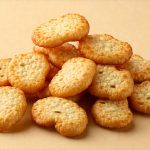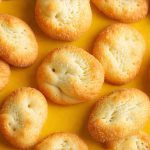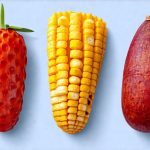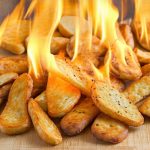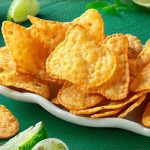Gastroesophageal reflux disease (GERD) is a common condition affecting millions worldwide, characterized by persistent heartburn, regurgitation, and discomfort. While managing GERD often involves medication and lifestyle adjustments, dietary choices play a crucial role in minimizing symptoms. Many individuals with GERD find that certain foods trigger their symptoms, leading to avoidance of entire food groups or restrictive diets. However, it’s not always about eliminating foods entirely; it’s more about understanding which snacks can exacerbate reflux and identifying gentler alternatives that won’t leave you feeling uncomfortable after a bite. Navigating snack options when living with GERD can feel like a minefield, but with informed choices, it’s possible to enjoy satisfying treats without triggering painful symptoms.
This article will guide you through understanding the connection between food and GERD flare-ups and provide a comprehensive list of GERD-safe snacks that are less likely to cause heartburn or pain. We’ll explore snack options based on their nutritional value, acidity levels, and potential impact on acid reflux, offering practical advice for building a snack routine that supports your digestive health. The goal is to empower you with the knowledge to make informed choices and enjoy snacking without fear—to find delicious treats that complement your GERD management strategy rather than hindering it.
Understanding the Connection: Food & GERD
The lower esophageal sphincter (LES) acts as a valve between the esophagus and the stomach. When functioning properly, it remains tightly closed, preventing stomach acid from flowing back up into the esophagus. In individuals with GERD, this valve may weaken or relax inappropriately, allowing acidic contents to reflux. Certain foods can contribute to this process in several ways. – High-fat foods slow down stomach emptying, increasing pressure and the likelihood of reflux. – Acidic foods, like citrus fruits and tomatoes, directly irritate the esophageal lining. – Spicy foods can also irritate the esophagus and potentially relax the LES. – Caffeinated beverages and chocolate have been shown to lower LES pressure.
Identifying your personal trigger foods is essential for effective GERD management. While general guidelines exist, individual sensitivities vary significantly. Keeping a food diary can help pinpoint which snacks consistently cause symptoms. Beyond specific ingredients, consider portion sizes and meal timing. Eating large meals or snacking close to bedtime increases the risk of reflux. Choosing smaller, more frequent snacks throughout the day may be preferable to fewer, larger ones. Remember that stress also plays a role; emotional eating can lead to rapid consumption and potentially exacerbate GERD symptoms. Understanding your triggers is key, and you might find practical methods helpful in identifying them.
GERD-Safe Snack Options
Fortunately, plenty of delicious and satisfying snack options are gentle on the digestive system. These generally include foods low in fat, acidity, and spice. Oatmeal is an excellent choice, providing fiber and being soothing to the esophagus. Bananas are also a great option; they’re naturally antacid and easy to digest. Other suitable snacks include whole-grain crackers with a small amount of peanut butter (avoiding excessive fat), rice cakes, and yogurt (choose low-fat varieties without added sugars or citrus flavors). Herbal teas like chamomile or ginger can offer soothing relief and aid digestion. A handful of almonds provides healthy fats and protein without being overly acidic.
It’s important to note that “GERD-safe” doesn’t mean all individuals will tolerate these snacks perfectly. Again, individual sensitivities matter. Experiment cautiously and pay attention to your body’s response. Hydration is also key; sipping water throughout the day helps dilute stomach acid and can prevent symptoms. Avoid carbonated beverages, as they increase abdominal pressure. When choosing packaged snacks, carefully read ingredient lists, avoiding those containing high levels of fat, sugar, or acidic additives. Ultimately, a proactive approach to snack selection and mindful eating are essential for minimizing GERD symptoms. For example, consider clean ingredient snacks that support your digestive health.
Choosing the Right Fruits & Vegetables
Fruits and vegetables form the foundation of many healthy snacks. However, some choices are more GERD-friendly than others. Generally, non-citrus fruits like bananas, melons (cantaloupe and honeydew), pears, and applesauce are well-tolerated. Avoid citrus fruits (oranges, grapefruit, lemons) and tomatoes due to their high acidity. Similarly, vegetables like broccoli, onions, and garlic can exacerbate GERD symptoms in some individuals. Opt for milder options such as green beans, potatoes, carrots, leafy greens (spinach, lettuce), and cucumbers.
- Preparation methods matter. Raw vegetables are often easier to digest than fried or heavily seasoned ones. Steaming or lightly sautéing vegetables is preferable.
- Portion control is key, even with healthy choices. Overeating can put pressure on the LES.
- Pair fruits and vegetables with a protein source (like a small handful of nuts) for sustained energy and to prevent blood sugar spikes, which can sometimes worsen GERD symptoms.
The Role of Protein & Healthy Fats
Including protein and healthy fats in your snacks helps stabilize blood sugar levels and promotes satiety, preventing overeating and reducing the likelihood of reflux. Lean protein sources like Greek yogurt (low-fat, plain), hard-boiled eggs, or a small amount of grilled chicken are excellent choices. Nuts and seeds offer healthy fats but should be consumed in moderation due to their higher fat content. Almonds, walnuts, and flaxseeds are good options.
- Avoid fried foods and excessive amounts of butter or oil, as these increase stomach acid production.
- Choose whole-grain crackers with peanut butter (natural, without added sugar) for a balanced snack.
- Avocado in moderation can provide healthy fats but may trigger symptoms in some individuals; start with a small portion and observe your body’s response. Consider how post-workout nutrition choices can also impact digestion.
Mindful Snacking Habits
Beyond what you eat, how you eat significantly impacts GERD symptoms. Practice mindful snacking by paying attention to hunger cues and eating slowly. Avoid distractions like television or phones during snack time, which can lead to mindless overeating. – Sit upright while snacking. Gravity helps keep stomach acid where it belongs.
– Avoid lying down immediately after eating. Wait at least 2-3 hours before reclining.
– Chew your food thoroughly to aid digestion and reduce the workload on your stomach.
– Limit portion sizes and avoid second helpings.
Finally, remember that managing GERD is a personalized process. What works for one person may not work for another. By understanding your individual triggers, making informed choices, and practicing mindful snacking habits, you can enjoy satisfying snacks without compromising your digestive health and overall well-being. If ear pain accompanies your reflux, it’s worth exploring how reflux can cause persistent ear pain. Consulting with a registered dietitian or healthcare professional can provide tailored guidance based on your specific needs and sensitivities. Don’t forget to also explore options for evening snacks that won’t disrupt sleep. And if you’re looking for meal ideas, consider these stir-fry combinations. Lastly, remember to choose snacks wisely for optimal digestive comfort.

